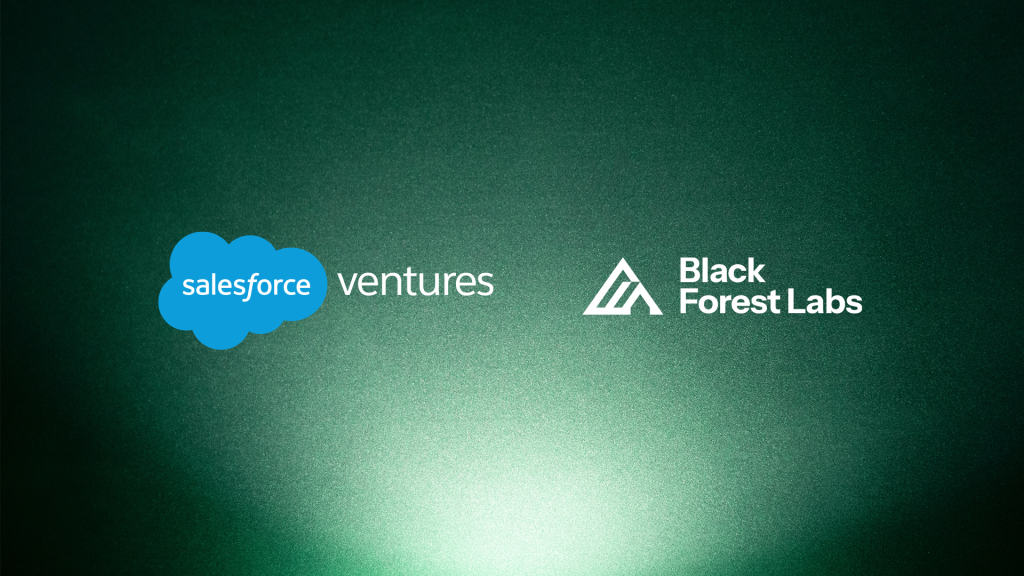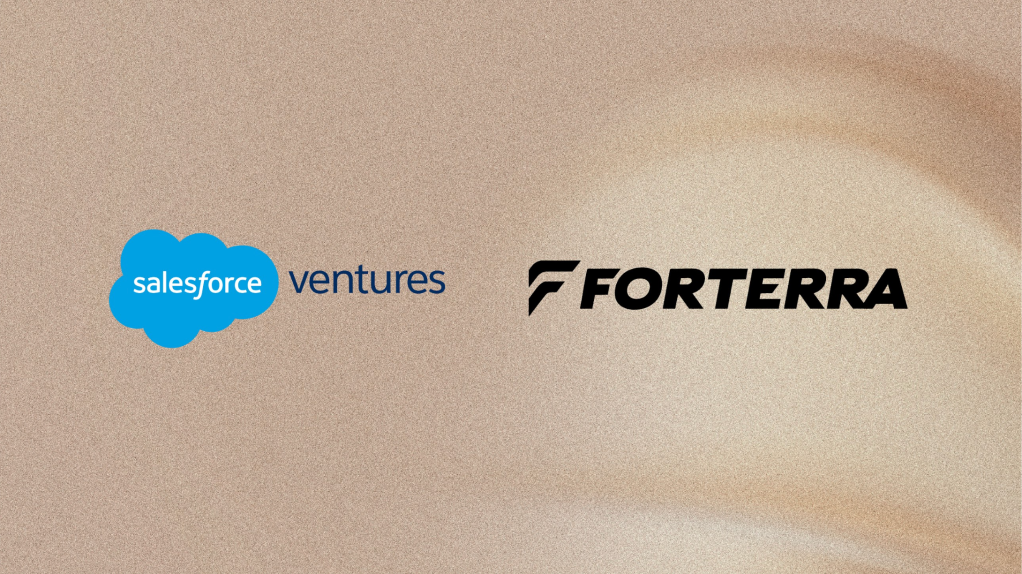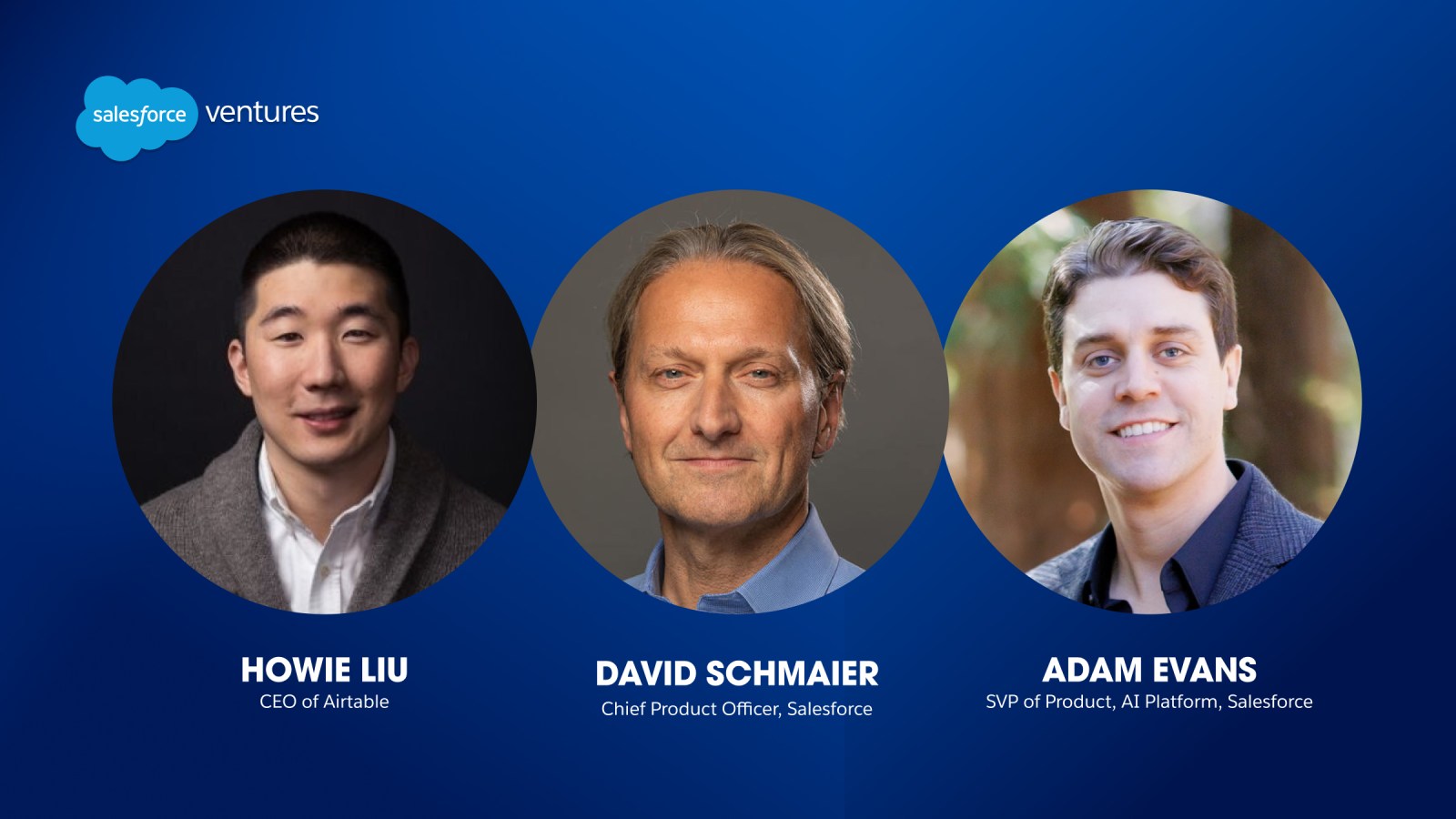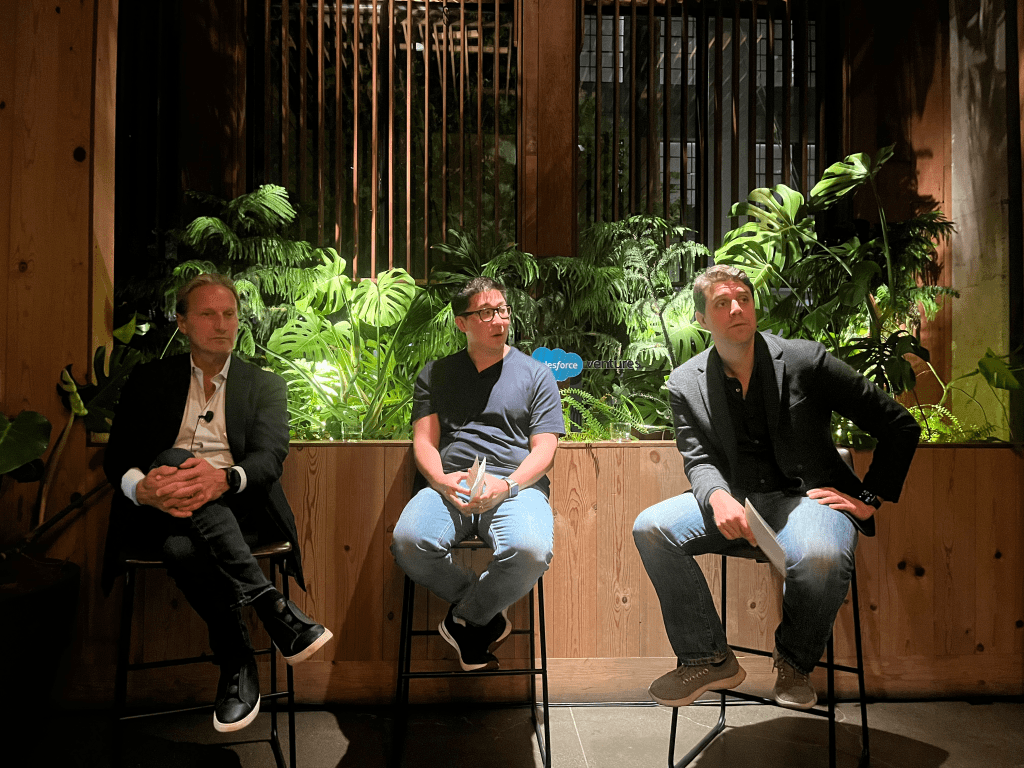

Building a Kinder Tech Industry: How G2 is Turning Values Into Action Through Pledge 1%
“Joining Pledge 1% offered a structured way to make philanthropy part of G2’s DNA.”


A conversation with Airtable CEO Howie Liu, Salesforce SVP of Product, AI Platform, Adam Evans, and Salesforce Chief Product Officer David Schmaier.
At Salesforce Ventures, we’re committed to fostering innovation and collaboration across our portfolio and the broader enterprise ecosystem. Recently, we brought together our portfolio founders and executives from Fortune 500 companies for an intimate dinner, followed by a thought-provoking fireside chat. Airtable CEO Howie Liu, Salesforce SVP of Product, AI Platform, Adam Evans, and Salesforce Chief Product Officer David Schmaier shared their perspectives on how large language models (LLMs) are reshaping enterprise software, effective go-to-market (GTM) strategies, and the nuances of monetization and growth.
Here are a few of our favorite insights from the conversation.

Many businesses have yet to adopt AI with a thorough understanding of how to deploy it. To derive value from AI, organizations must treat it as a tool and pair it with strong data and specific workflows. Executives should have a strong perspective on when to use AI in day-to-day operations — and when not to.
“AI has been treated as some amorphous thing you can peanut butter over anything and it gets better. But the real durable value is going to be in specific use cases where you can prove an LLM saves time and increases efficiency. Things like contract review or sales outreach, for example. The way we talk about LLMs has to change from being just a thing on its own to being a tool that helps you solve specific problems.” – Howie Liu
AI founders building solutions applicable across a broad range of industries must be prepared for the prospect of slow, incremental growth. To accelerate product-market fit, it often helps to key in on a handful of use cases in your GTM approach.
“Airtable was not an overnight success. We grew steadily from the moment we launched, and our growth slowly compounded over time until we eventually hit our stride — but it was a long, lonely road. I think we could have grown faster if we took an in-between approach in terms of vertical and horizontal. Focus on winning on a few key use cases. I think that would have accelerated our traction.” – Howie Liu
The AI landscape is shifting everyday, and businesses that appear to be “winning” right now may not hold their edge as the market continues to develop. Startups that can navigate this uncertainty and capitalize on opportunities as they emerge will be the “winning” businesses of tomorrow.
“The winners and losers in the AI race are going to look completely different in 5-10 years. When you’re in a canoe race and the water’s flat, you have to row harder to pull ahead of your competition. But when the water gets choppy, smart, nimble people who come prepared can dart ahead of everyone.” – David Schmaier
Most AI value to date has been generated at the “bottom” of the tech stack (e.g., GPUs, foundational models). But as models improve and the cost to run them goes down, new economic value will likely be generated closer to the end customer — and sometimes by the customer themselves.
“Once you have amazing models everywhere, somebody is going to need to figure out how to put them to work in the best way possible. It could be systems integrators, or solution vendors, but I also think the customers themselves are going to find new ways to disrupt operations with AI that are better than their industry peers. I think that’s going be where 80% of the economic value accrual will be long term.” – Howie Liu
As we move into an era of more autonomous AI, expect more complex workflows to be the first to be disrupted. Stratified, repeatable processes with specific outputs are highly suitable to AI agents.
“I think we’re a long way off from replacing every knowledge worker with AI. But, ironically, I think the more advanced the knowledge work, the better the AI is. For instance, AI has shown it can summarize board memos, or analyze earnings calls, or synthesize a marketing strategy. The more advanced the reasoning, the better the AI seems to be.” – Howie Liu
The proliferation of agents will cause AI businesses to rethink how they monetize. These agents will allow workers to increase their productivity exponentially, meaning businesses will be able to get a higher level of output from workers. Because of this, in the future it will likely make sense for AI businesses to charge based on consumption as well as seats.
“If AI agents are effective, it’ll increase customer productivity, leading to a reduction in seats. So when we think about monetization, I think it’s important to think about how you can monetize based on customer consumption of your product.” – Adam Evans
_
Salesforce Ventures hosts frequent events with luminaries from across the AI and enterprise ecosystem. To hear about future events, sign up for our newsletter.